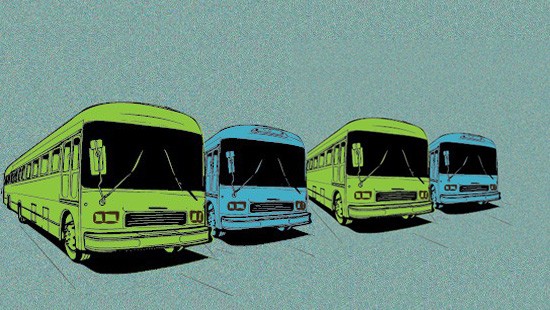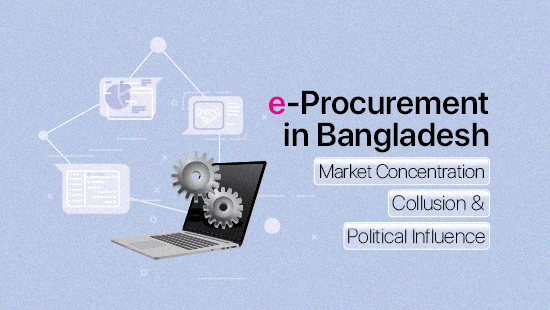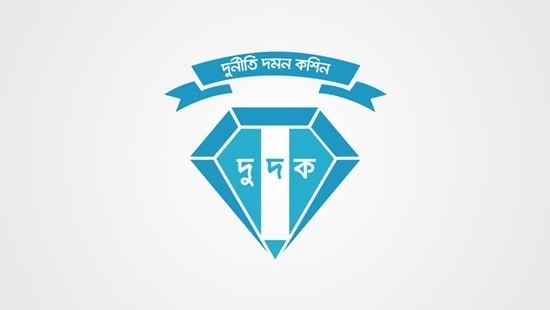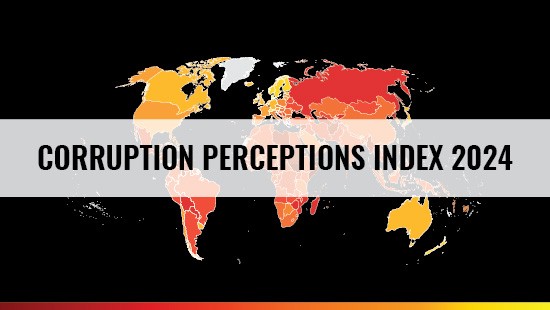Working Paper on Chittagong Port released
A working paper on Chittagong Port was released on 28 September at the National Press Club. The study report, prepared after a year?s research on port activities from July 2003 to June 2004, said that officials and workers of Chittagong port and customs took about Tk 783 crore from importers and exporters as bribe and tips. Of the total illegal transactions at the country's largest seaport, customs officials take Tk 451 crore and port staffers Tk 332 crore. It is to be mentioned here that the report marked the first comprehensive study on Chittagong Port, analyzing all aspects and preparing a set of recommendations to improve the situation to face the challenges of continued traffic growth. Because of unbridled corruption, irregularities and frequent strikes, the International Maritime Bureau has identified the port as world's second most risky port, the report said, adding that the cost of service in the seaport is the highest in the world.
The report detected that the importers and exporters have to bribe officials at 37 points in the port and berthing a vessel requires filling as many as 42 forms, while it is only seven forms in Malaysia's Penang seaport. The shipping agents are compelled to pay bribes or tips in 11 stages for permission for berthing a ship from the port authorities and equipment operators stop handling and damage containers unless they are paid tips fixed by the operators. The tips-taking practice went without objection for long, turning it into a lawful port charge, the report says.
The report also came up with some recommendations to check the irregularities at the port. It called for amendment of the Port Authority Act 1976 for making the port authority an autonomous body by reducing influence of the shipping ministry, setting up a coordination committee incorporating all stakeholders including the port users, engaging private companies for worker supply and equipment handling, giving responsibility to agents to appoint stevedoring staff, drastically reducing red tape for import, installing closed-circuit cameras to identify unscrupulous officers and check pilferage.
TIB's Trustee Member Professor Muzaffer Ahmad was present during the report release as Chief Guest while its Senior Program Officer Sydur Rahman Molla presented the paper. Dr. Iftekharuzzamn, Executive Director, TIB moderated the session which was attended, among others, by business leaders, academics, politicians and journalists.







